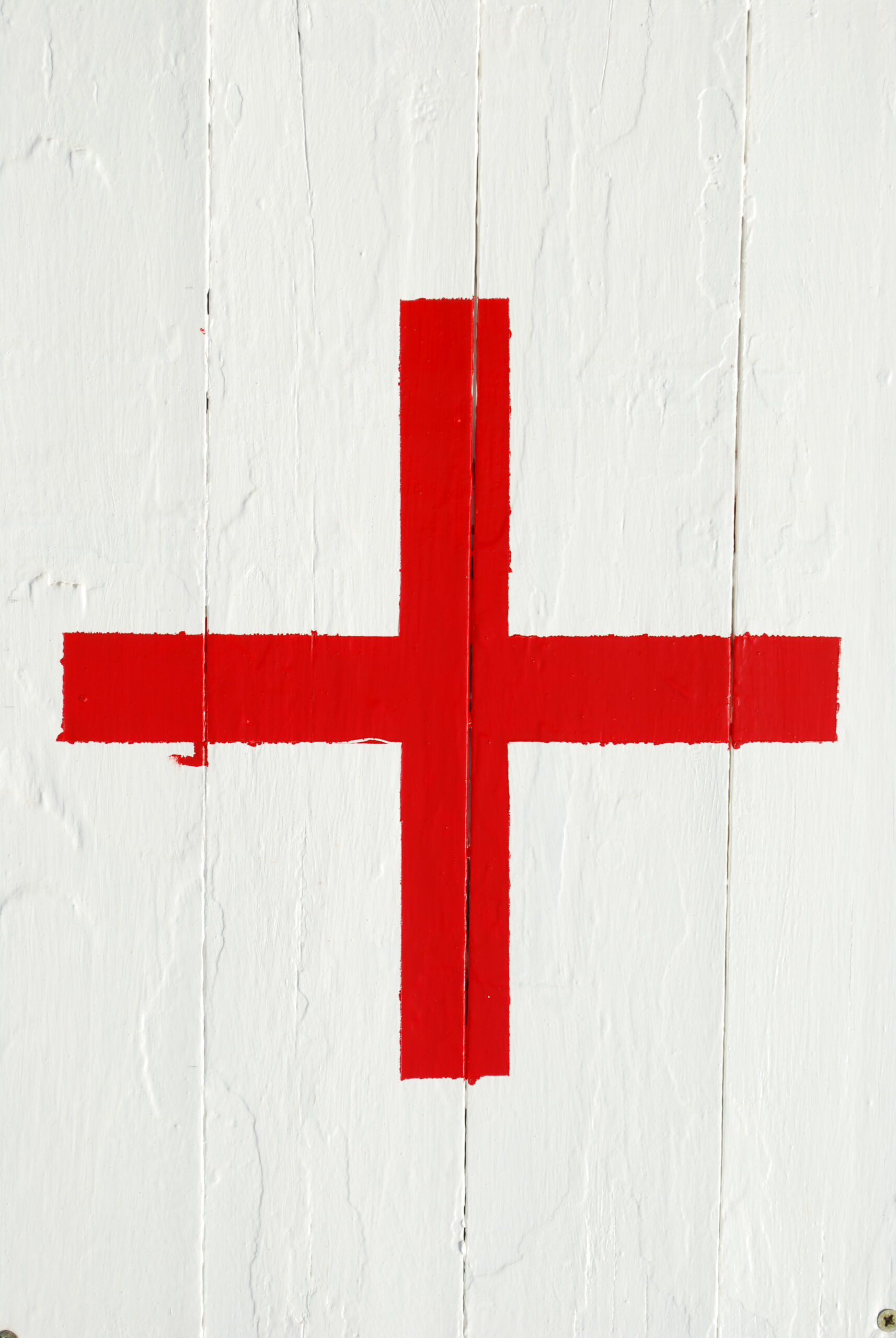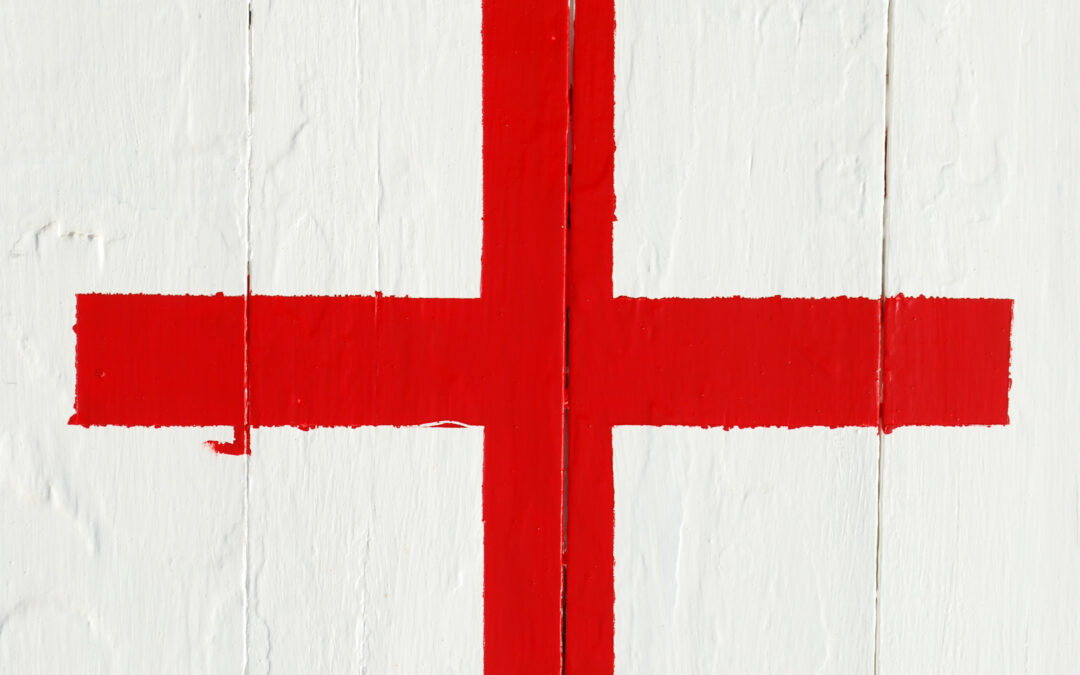Emergency preparedness is an essential aspect of ensuring your family’s safety and well-being in times of crisis. A disaster can strike at any time, leaving you without power, water or access to medical care. Being prepared for these situations can make all the difference between life and death. In this blog post, we will discuss what emergency preparedness entails, why it’s important, how to create an emergency kit, first aid supplies, water and food storage, shelter and warmth, communication and contacts, safety tips during a crisis, practicing your plan, and final thoughts on emergency preparedness.
Introduction: What is Emergency Preparedness?
Emergency preparedness refers to taking steps to ensure that you are ready for unexpected events such as natural disasters, pandemics, terrorist attacks, or other crises. It involves having a plan in place, assembling necessary supplies, and being informed about potential risks and dangers. By preparing ahead of time, you can reduce stress, increase your chances of survival, and help keep others safe too.
The Importance of Being Prepared
Disasters often occur with little warning, and they can have devastating effects on communities. People who are not prepared may find themselves scrambling to gather supplies, struggling to stay warm or hydrated, and unable to communicate with loved ones. By contrast, those who have taken the time to prepare can be confident that they have everything they need to weather the storm.

Creating an Emergency Kit
One of the most critical aspects of emergency preparedness is creating an emergency kit. This should include items like non-perishable food, bottled water, flashlights, batteries, first aid supplies, medications, and personal hygiene products. Make sure to store these items in a convenient location where they can easily be accessed when needed.
First Aid and Medical Supplies
In addition to basic first aid supplies like bandages and antiseptic wipes, it’s also a good idea to include prescription medications, over-the-counter pain relievers, and allergy meds if applicable. If anyone in your household has specific health needs, make sure to account for those in your planning process.
Water and Food Storage
It’s crucial to have enough water stored up for everyone in your household to last several days. Plan on storing one gallon per person per day. Additionally, stockpile non-perishable food items that won’t spoil quickly, such as granola bars, trail mix, and canned goods.
Thank you for reading this post, don't forget to subscribe NOW for FREE!
Shelter and Warmth
If you live in an area prone to extreme temperatures, consider investing in blankets, sleeping bags, and extra clothing to keep warm. You might also want to purchase a portable heater or generator to provide heat and electricity during a power outage.
Communication and Contacts
Make sure to program emergency contact numbers into your phone beforehand so that you can reach someone quickly if needed. Consider purchasing a prepaid cellphone or walkie-talkies to use during a crisis since traditional phones may not work.
Safety Tips During a Crisis
During a crisis, it’s essential to follow safety guidelines to minimize risk of injury or illness. Stay indoors unless absolutely necessary, wear protective gear if outside, wash hands frequently, avoid touching eyes, nose, or mouth, and practice social distancing if possible.
Practicing Your Plan
Regularly reviewing and practicing your emergency plan can help ensure that everyone knows what to do in case of a crisis. Conduct drills periodically, and adjust your plan as needed based on changes in circumstances or new information.
Conclusion: Final Thoughts on Emergency Preparedness
Emergency preparedness is something that everyone should prioritize to protect their families and communities. By following the above steps and being proactive, you can rest easy knowing that you are equipped to handle whatever challenges come your way. Remember, it’s always better to be safe than sorry!






